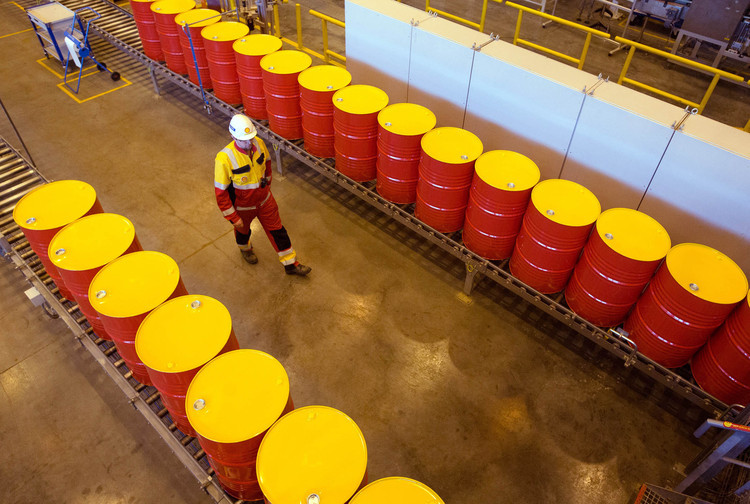
Oil declined on speculation a global glut will be sustained amid rising supply from Nigeria to the U.S.
Futures fell 0.5 percent in New York after advancing 0.6 percent Monday. Nigeria’s output reached 1.75 million barrels a day and will keep rising after government outreach and a cease-fire with militants allowed some production to restart, Minister of State for Petroleum Emmanuel Kachikwu said. U.S. crude stockpiles probably increased by 3.13 million barrels last week, according to a Bloomberg survey before government data Wednesday.
Oil has fluctuated since August’s rally on speculation the Organization of Petroleum Exporting Countries and Russia will agree next week in Algiers on ways to stabilize the market. OPEC members are close to a deal, according to Venezuelan President Nicolas Maduro, while the group’s secretary general said an extraordinary meeting is possible if ministers reach consensus.
“Supply is still an issue,” David Lennox, a resources analyst at Fat Prophets in Sydney, said by phone. “The U.S. inventory data will be important, but it’s what happens next week at the meeting that the market is watching. A freeze will give the price stability for a little while, but the market really needs to see a production cut.”
West Texas Intermediate for October delivery, which expires Tuesday, was at $43.08 a barrel on the New York Mercantile Exchange, down 22 cents. Prices advanced 27 cents to $43.30 a barrel on Monday. Total volume traded was about 33 percent below the 100-day average. The more-active November contract slipped 23 cents, or 0.5 percent, at $43.63 at 12:36 p.m. in Hong Kong.
Nigerian Output
Brent for November settlement fell 13 cents, or 0.3 percent, to $45.82 on the London-based ICE Futures Europe exchange. Prices advanced 18 cents to $45.95 a barrel on Monday. The global benchmark traded at a $2.20 premium to WTI for November delivery.
For a story on the possible outcome from the OPEC meeting, click here.
Nigerian production should reach 1.8 million barrels a day next month and 2 million by December, when most export terminals resume operations, Kachikwu said Monday at a government economic management team meeting with private investors in Abuja. The nation’s output fell in May to the lowest in 27 years after increasing attacks by militants on oil infrastructure and was at 1.44 million barrels a day in August, according to data compiled by Bloomberg.
Oil-market news:
Saudi Arabia’s oil exports climbed in July to a record level for that month, as the kingdom curbed the amount of crude it burns to generate electricity domestically, according to the Joint Oil Data Initiative. A tanker returned to Libya’s third-biggest oil port to load a cargo a day after clashes between rival armed forces forced it to sail away to safety.